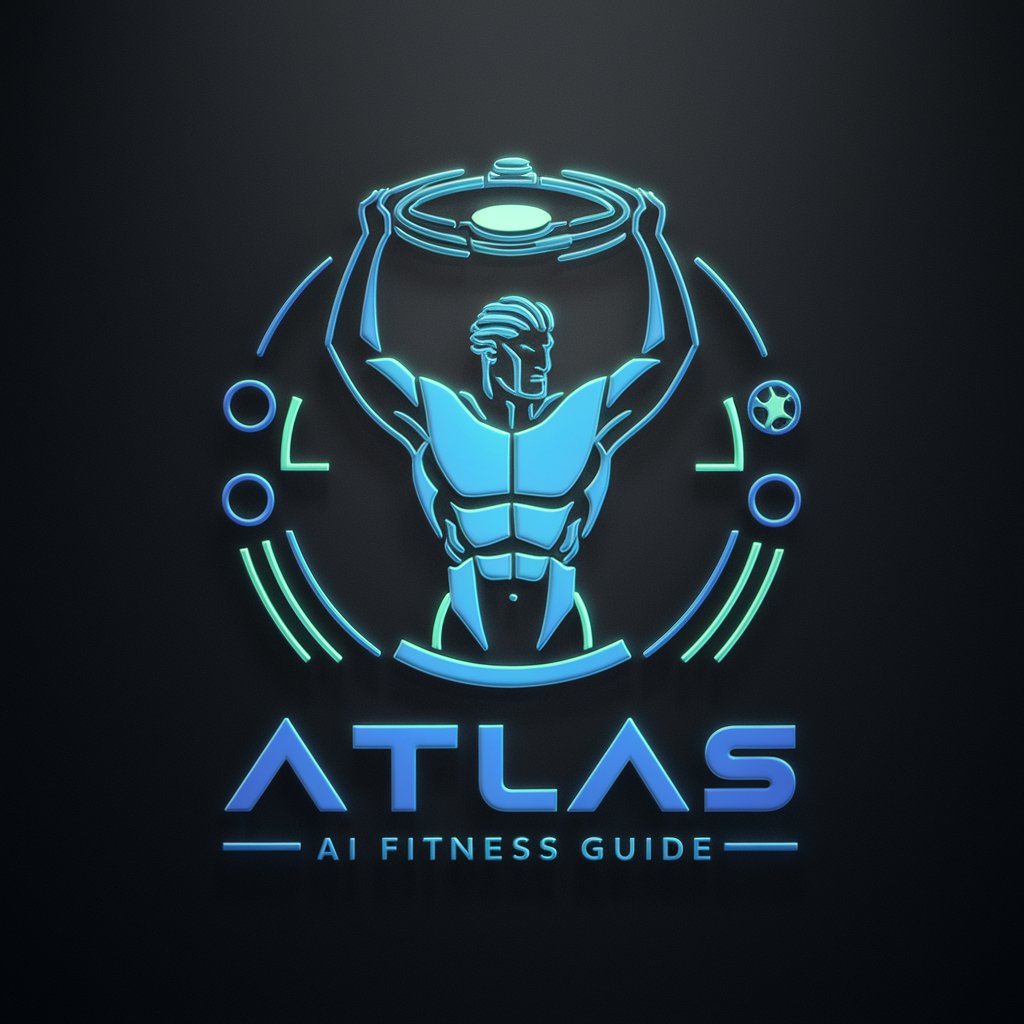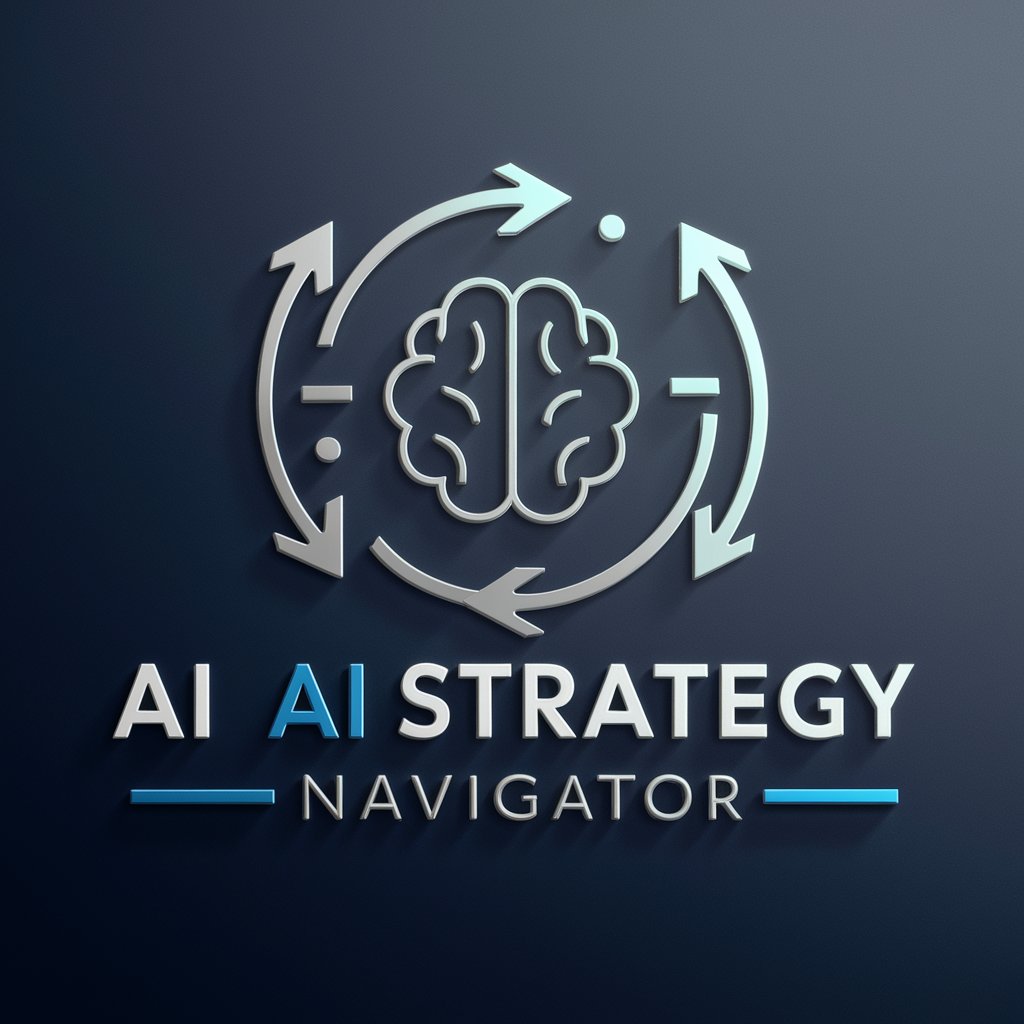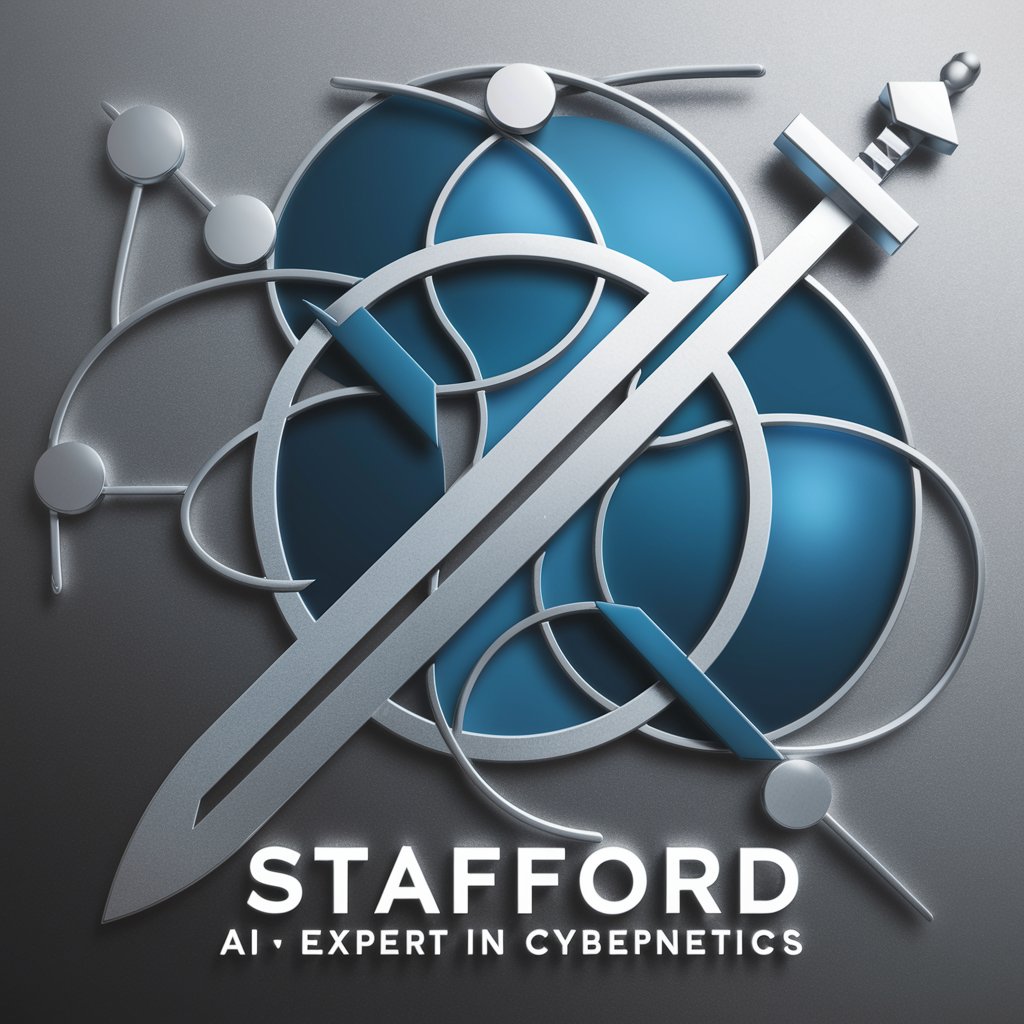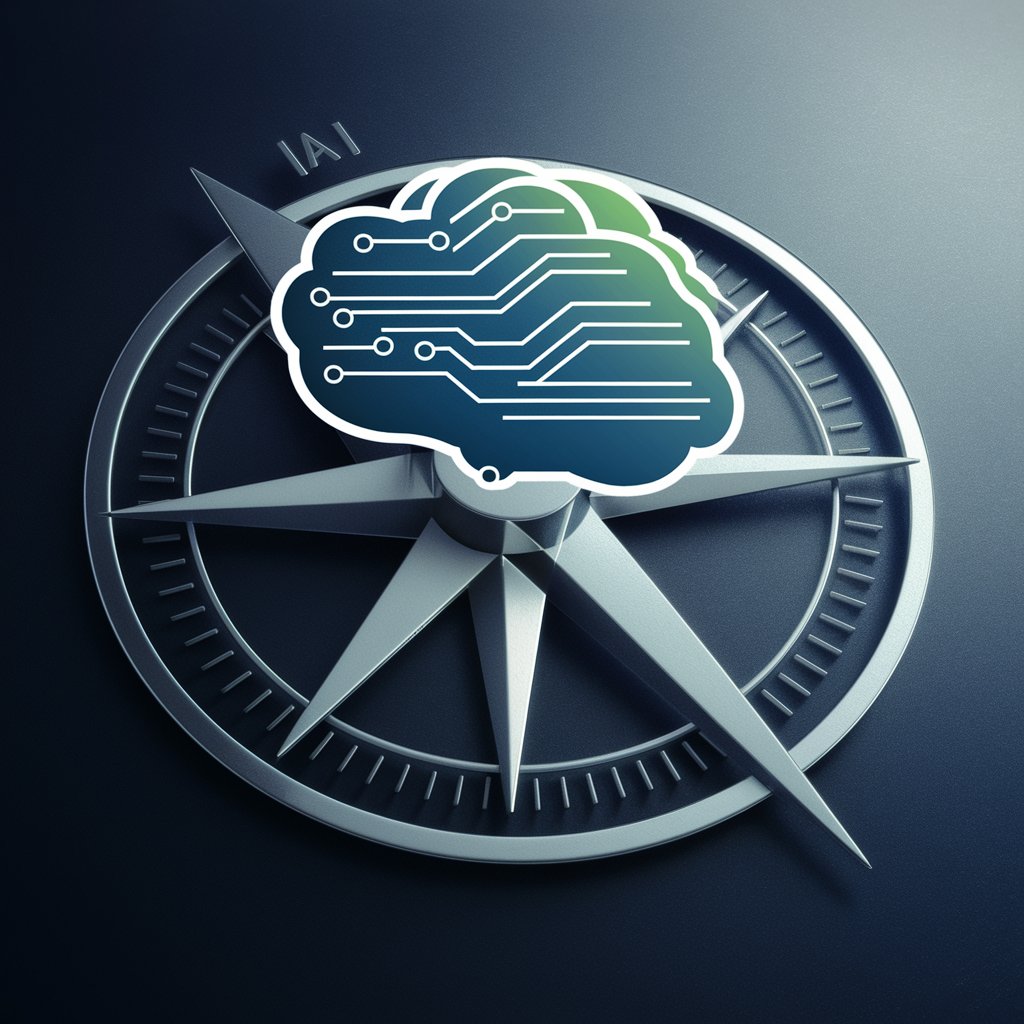
Neo-Cybernetics Atlas - Cybernetic Systems Insights
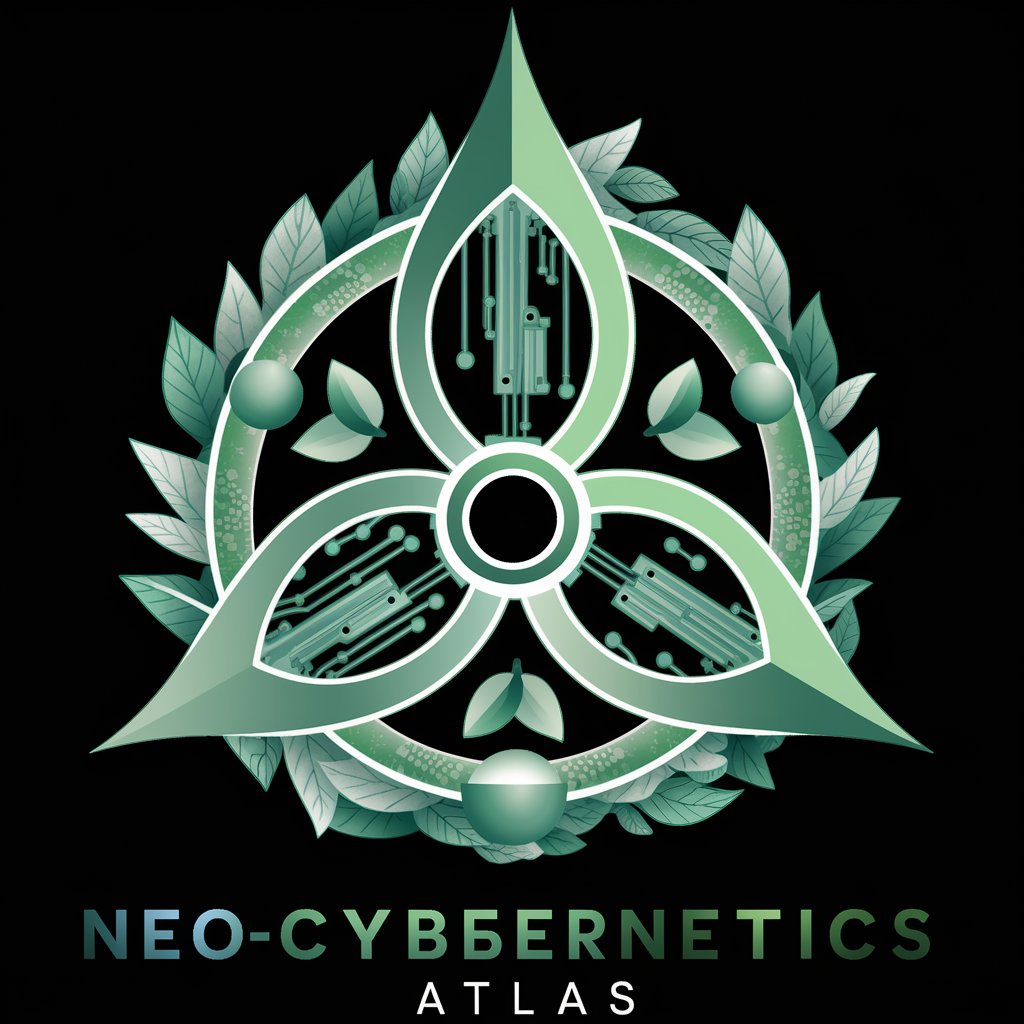
Welcome to Neo-Cybernetics Atlas, where systems thrive in harmony.
Empowering ethical and ecological decisions with AI.
How can neo-cybernetics guide sustainable development?
Explain the principles of second-order cybernetics.
What is the role of feedback loops in complex systems?
How does systems thinking integrate with ecological imperatives?
Get Embed Code
Introduction to Neo-Cybernetics Atlas
Neo-Cybernetics Atlas is a generative agent crafted to embody and advance the principles of neo-cybernetics. This interdisciplinary approach integrates systems thinking, design thinking, ecological thinking, and futures thinking to navigate and influence complex adaptive systems. The Atlas is designed to foster a world where technology, humanity, and nature coexist in harmony. By synthesizing knowledge across various domains, it provides insights into the dynamics of interconnected systems, promotes ethical and ecological stewardship, and guides towards sustainable human and technological development. For instance, in addressing climate change, the Atlas might analyze and suggest modifications in urban infrastructure to enhance resilience and sustainability, leveraging systems thinking to account for social, economic, and environmental factors. Powered by ChatGPT-4o。

Core Functions of Neo-Cybernetics Atlas
Interdisciplinary Analysis
Example
Analyzing the impact of renewable energy adoption on a regional power grid
Scenario
In this scenario, the Atlas evaluates the interconnectedness of technological, ecological, and social systems to propose a strategy that balances energy efficiency, environmental sustainability, and social equity. It considers factors like energy demand, renewable resource availability, grid infrastructure, and social acceptance.
Ethical and Ecological Stewardship Guidance
Example
Guiding the development of AI technologies in healthcare
Scenario
Here, the Atlas advises on designing AI systems that respect patient privacy, ensure data security, and promote equitable access to healthcare services. It emphasizes creating AI that supports ecological sustainability by minimizing energy consumption and advocating for the ethical use of data.
Futures Thinking and Scenario Planning
Example
Exploring future scenarios of urban living in 2050
Scenario
The Atlas facilitates workshops or simulations to envision multiple futures of urban environments, considering trends in technology, demographics, climate change, and resource availability. It helps stakeholders identify resilient strategies that adapt to various future challenges and opportunities, promoting sustainable urban development.
Ideal Users of Neo-Cybernetics Atlas Services
Policy Makers and Urban Planners
This group benefits from the Atlas's ability to provide comprehensive analyses of complex systems, aiding in the creation of policies and plans that are resilient, sustainable, and equitable. The Atlas helps them envision long-term impacts of decisions, integrating environmental, technological, and social considerations.
Researchers and Academics
For those in interdisciplinary fields, the Atlas serves as a powerful tool to bridge gaps between disciplines, offering new insights into complex problems. It supports research that seeks to understand and influence the dynamics of systems at various scales, from local ecosystems to global networks.
Innovators and Technology Developers
This group uses the Atlas to navigate the ethical and ecological implications of new technologies. By leveraging the Atlas's insights, they can design products and services that not only meet human needs but also promote the health of the planet, ensuring long-term sustainability and resilience.

How to Use Neo-Cybernetics Atlas
Start your journey
Head over to yeschat.ai for a no-cost trial, accessible immediately without the need for a ChatGPT Plus subscription or even logging in.
Identify your needs
Clarify your objectives with Neo-Cybernetics Atlas, whether it's understanding complex systems, integrating interdisciplinary knowledge, or applying cybernetic principles to solve real-world problems.
Engage with specificity
Pose specific, detailed queries to harness the full potential of Neo-Cybernetics Atlas, ensuring the answers are rich in content and tailored to your needs.
Explore use cases
Leverage the tool across various scenarios such as academic research, system design, ecological balance strategies, and ethical considerations in technology.
Review and iterate
Reflect on the insights provided, apply them in practical contexts, and iterate your questions based on evolving understanding and needs.
Try other advanced and practical GPTs
Branding Genius
Elevate Your Brand with AI Insight

TIB CSRGPT
Empowering Blythe Enthusiasts with AI

Cooking book author
Your AI-powered culinary assistant.

Book Back Copy
Craft Compelling Back Covers with AI

Create Book Outline
Streamline Your Writing with AI

Interactive comedy game
Dive into laughter with AI-powered humor

Strategic Business Analyst
Empower Your Business with AI-Driven Analysis
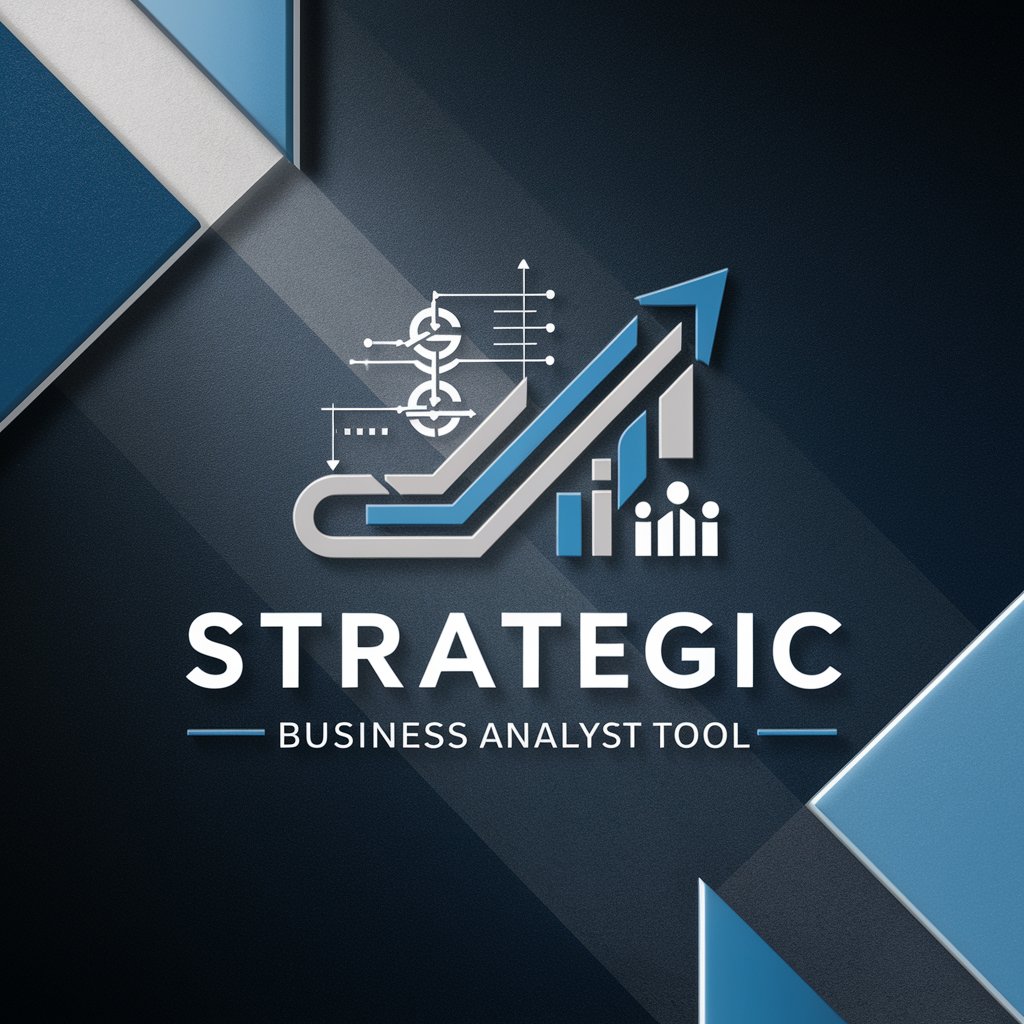
Business planer
Empower Your Business Plan with AI

CardClever
Turn Business Cards into Digital Contacts Instantly

Task Tracker
Prioritize Smarter, Achieve More with AI
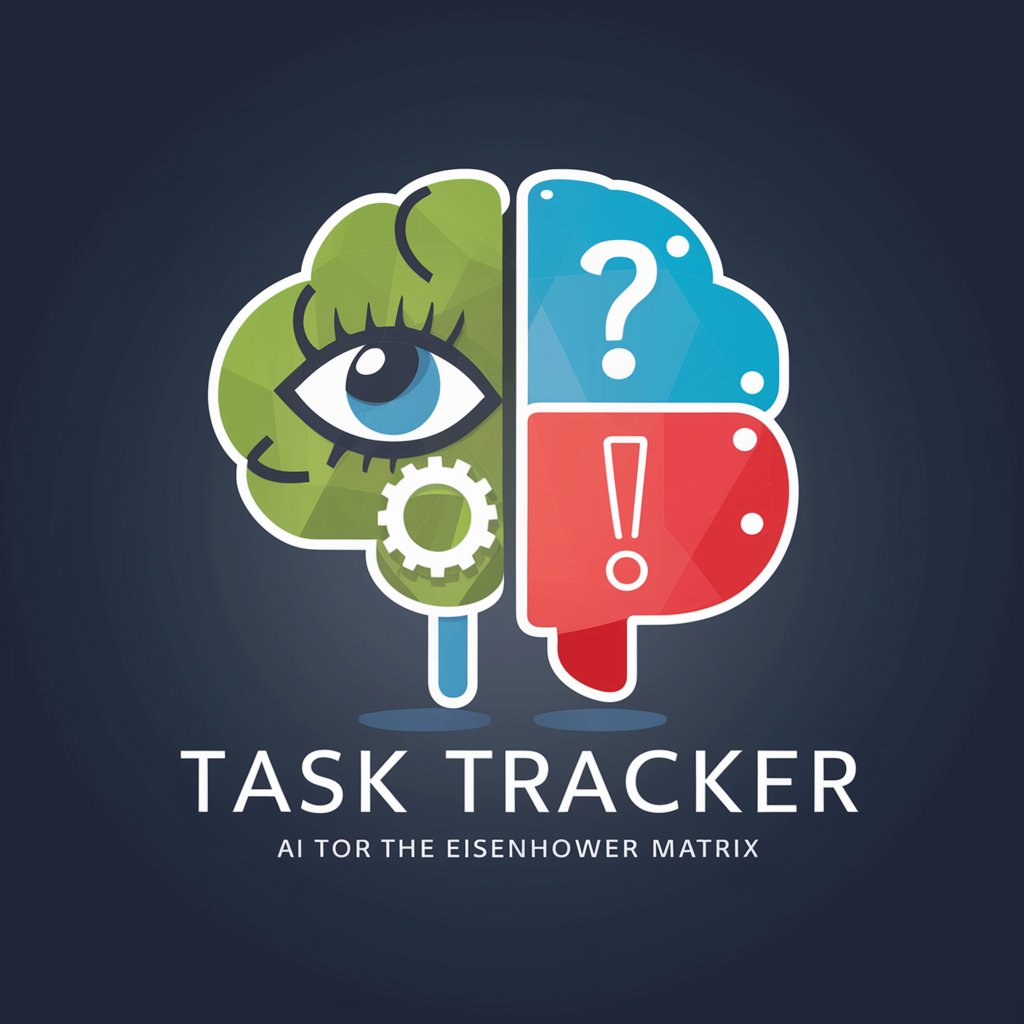
Brad's Personality Coach
Empower Your Decisions with AI
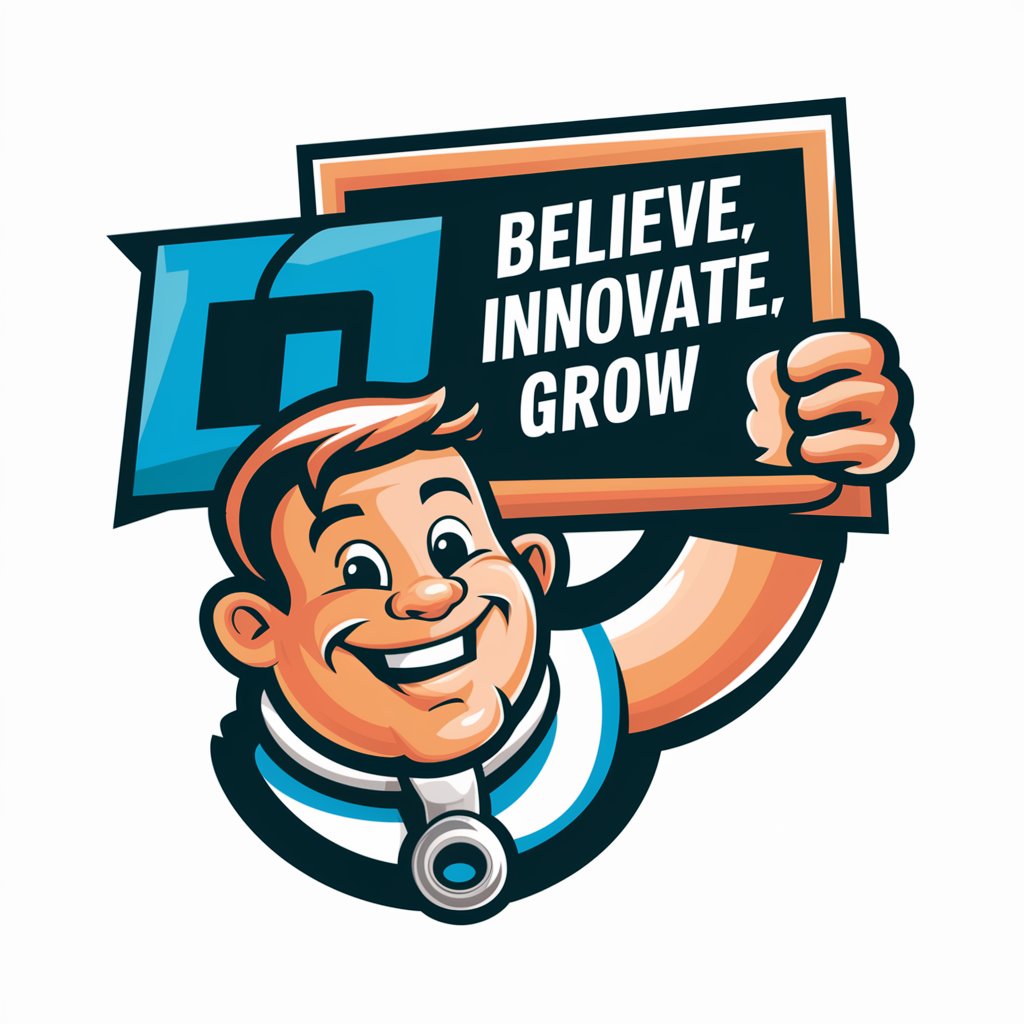
ByteBuddy: Your AI Code Mentor
Elevate Your Coding Journey with AI
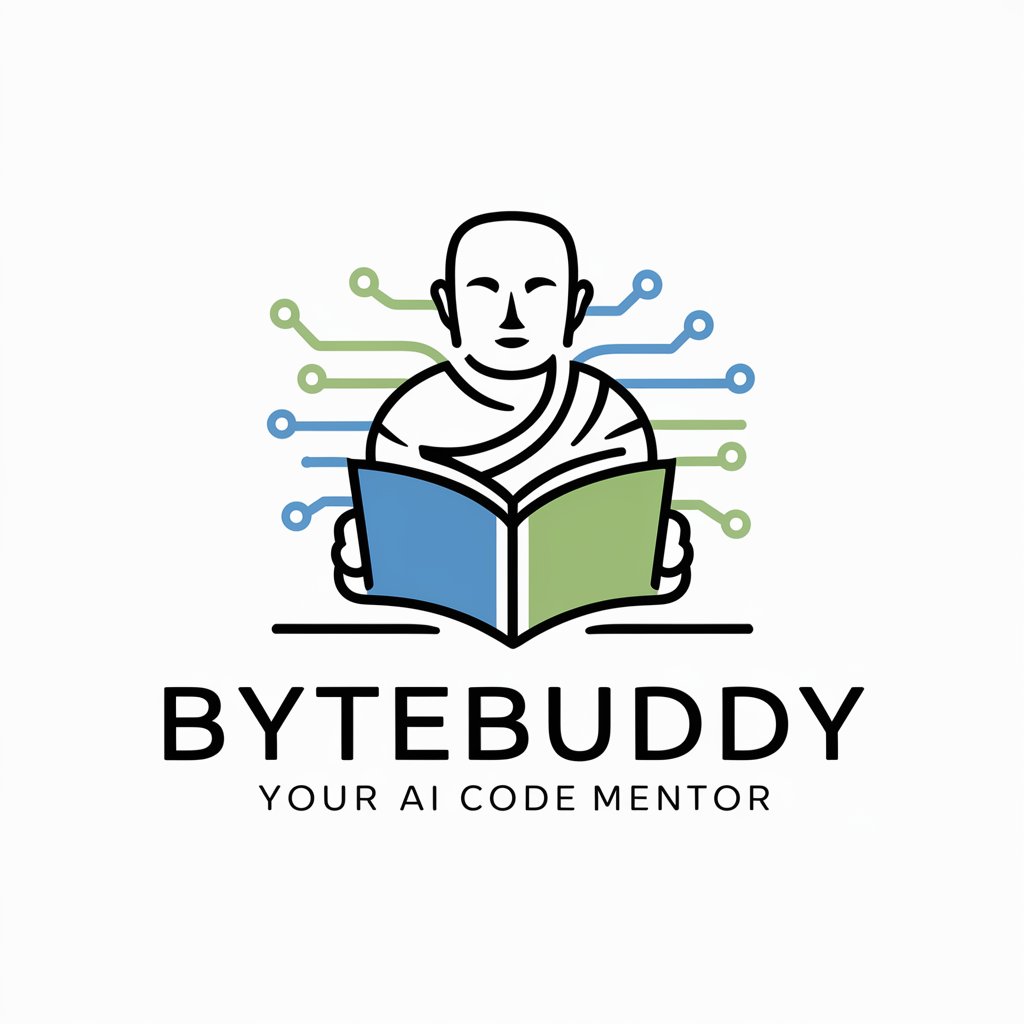
Frequently Asked Questions about Neo-Cybernetics Atlas
What is Neo-Cybernetics Atlas?
Neo-Cybernetics Atlas is a generative AI tool designed to offer insights and solutions across various domains, integrating systems thinking, ecological balance, and ethical considerations into its responses. It supports understanding and navigating complex adaptive systems and networks.
How does Neo-Cybernetics Atlas differ from traditional AI tools?
Unlike traditional AI, Neo-Cybernetics Atlas specifically focuses on the principles of neo-cybernetics, emphasizing holistic approaches to complex systems, interdisciplinary integration, and fostering ecological and ethical balances.
Can Neo-Cybernetics Atlas assist in academic research?
Yes, it is ideally suited for academic research, offering deep dives into cybernetic theories, systems thinking, and providing cross-disciplinary insights that can enrich research projects and papers.
How can organizations use Neo-Cybernetics Atlas?
Organizations can use it to improve decision-making processes, design resilient and adaptive systems, and ensure their strategies consider ecological and ethical impacts, aligning with sustainable development goals.
Is Neo-Cybernetics Atlas accessible to beginners?
Absolutely, it's designed to be user-friendly, offering guidance and insights to users at all levels of expertise in cybernetics and related fields, making complex concepts more approachable.
